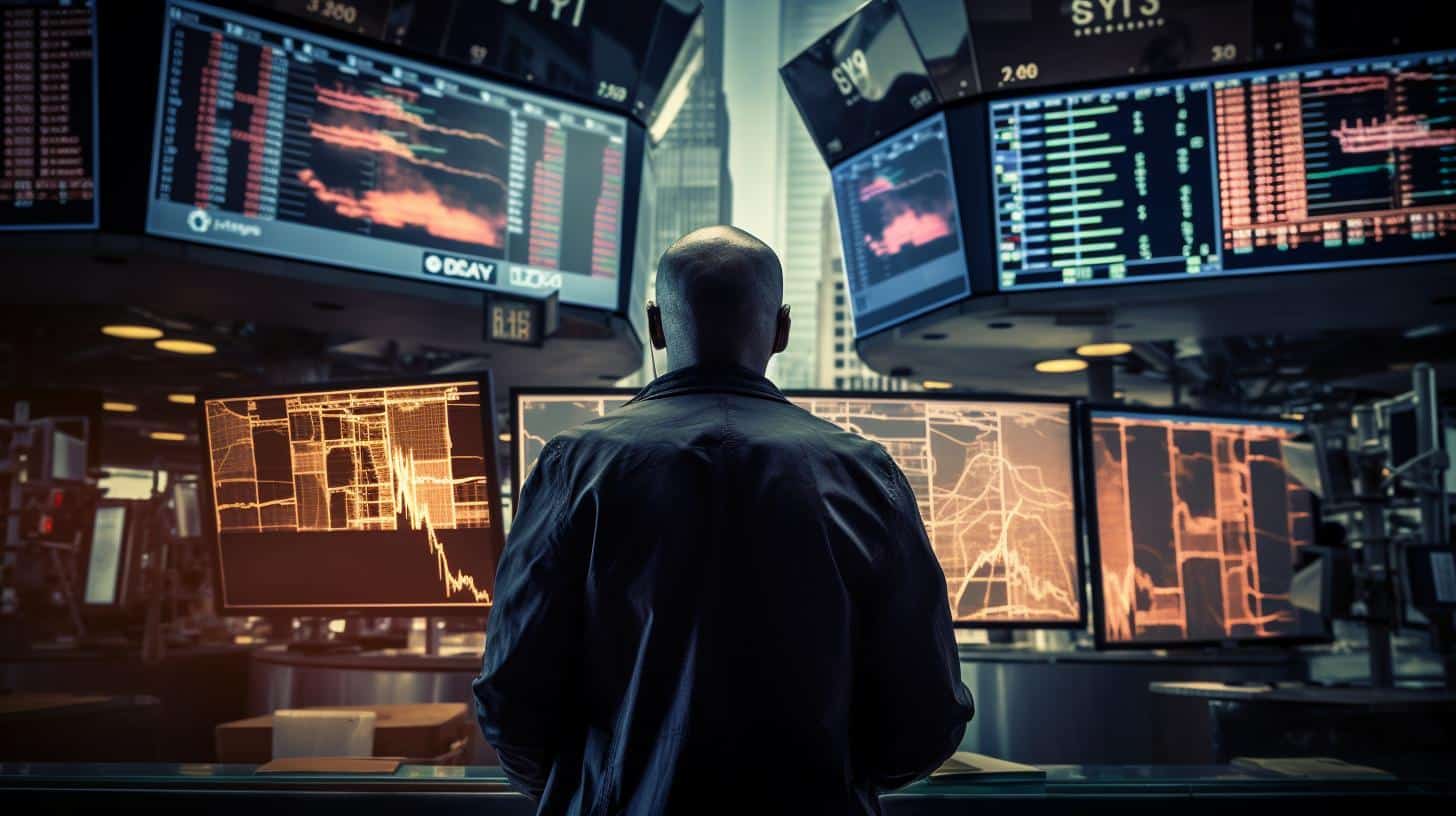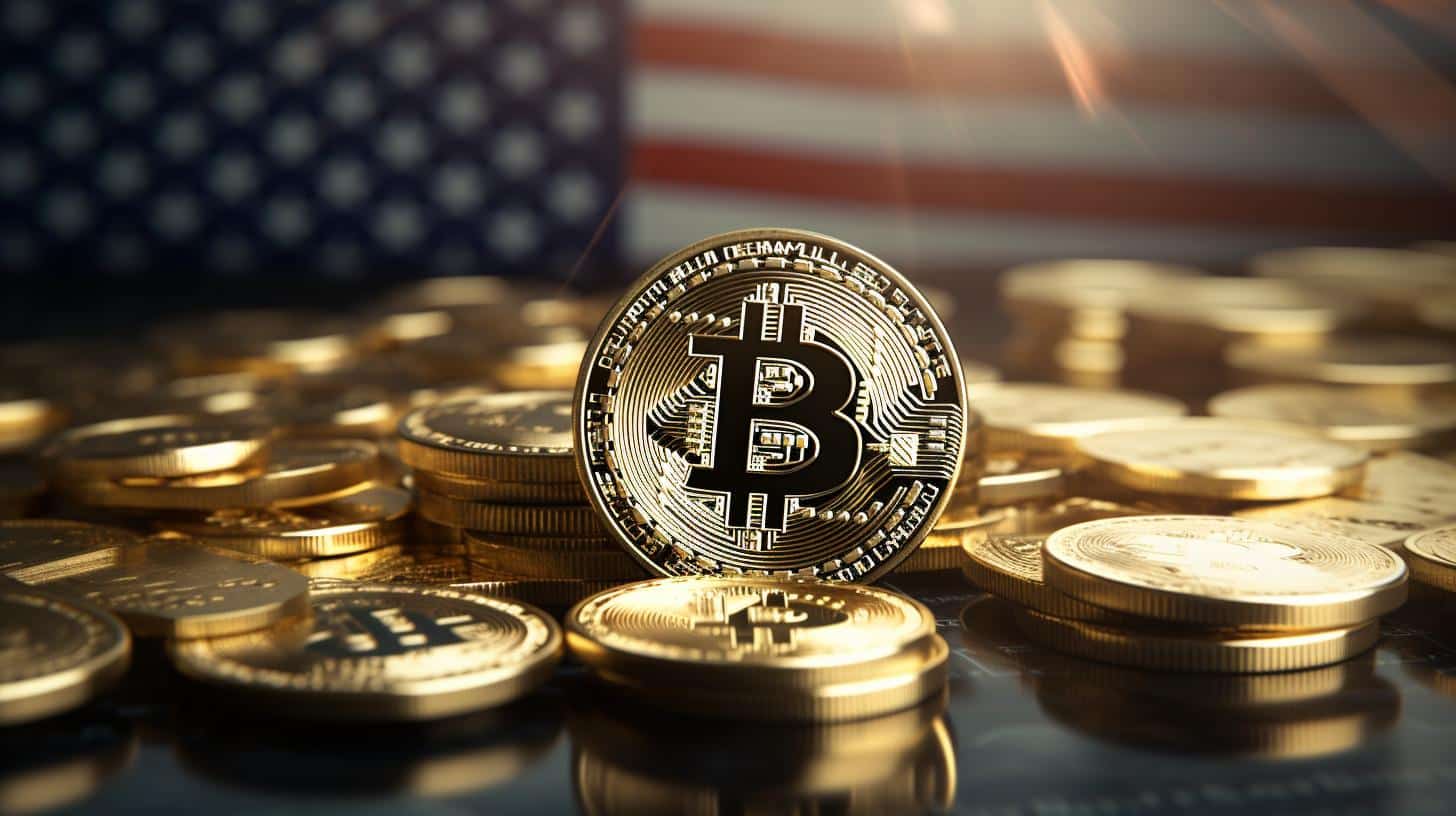Market losses have been piling up over the past month, as growing fears of contagion from an economic slowdown in China, inflation concerns, geopolitical tensions, and weakness in American banks have spooked Wall Street. The S&P 500 is down nearly 5% this month, and the Nasdaq has dropped by 7.7% in August. The CNN Business Fear & Greed Index, which looks at market sentiment, is showing signs of fear for the first time since March. In this article, we will delve into the main factors contributing to the market turmoil.
Market losses mount as fears of contagion grow:
The recent economic slowdown in China has investors worried about the potential impact on US stocks. Chinese consumer spending, factory production, and investment in long-term assets have all slowed down. Additionally, youth unemployment in China has reached record highs, and ongoing real estate and debt crises have further fueled concerns. The potential for a “Lehman-like” moment in China adds to the apprehension felt by investors.
China’s economic troubles send shockwaves through US stocks:
The slowdown in China’s economy has a direct impact on US companies doing business in the country. Companies like Apple, Intel, Ford, and Tesla have significant manufacturing ties to China, while others like Starbucks and Nike rely on Chinese consumers. If China’s economy continues to decline, these companies stand to lose. The direct exposure of US companies’ sales in China and China’s status as a major consumer of commodities contribute to the negative impact on US equities.
The Federal Reserve’s rate hikes cause concern for investors:
The Federal Reserve’s decision to raise interest rates to combat inflation has created unease among investors. Initially, it was believed that the rate hikes would slow down, but recent strong economic data and concerns about rising prices have prompted the Federal Reserve to consider further interest rate hikes. This has led to increased bond yields and falling bond prices, causing further worry in the market.
Geopolitical tensions raise fears of global instability:
Heightened geopolitical tensions, such as Russia’s invasion of Ukraine, have the potential to raise commodity prices and create global economic instability. Concerns around security and uncertainty have further fueled market anxieties. Jamie Dimon, the CEO of JPMorgan Chase, has cited the ongoing war as his greatest concern, comparing the current geopolitical chaos to the levels seen during World War Two.
Banking crisis and August doldrums contribute to market turmoil:
Fears of contagion from the regional banking crisis in March, coupled with reports of potential downgrades of the US banking industry, have further added to investor concerns. The recent realignment in investor Michael Burry’s portfolio, including a $1.6 billion bet against the broader stock market, has only intensified worries about the stability of the banking sector. Furthermore, the historically volatile nature of August, characterized by decreased trading volumes and increased volatility, has contributed to the current market turmoil.
The recent market losses are a result of various factors, including the economic slowdown in China, concerns about inflation and interest rate hikes, geopolitical tensions, and fears of a banking crisis. These uncertainties have led to a shift in market sentiment, with the CNN Business Fear & Greed Index showing signs of fear for the first time since March. As the situation continues to evolve, investors will closely monitor these factors to assess the potential impact on their portfolios.
Analyst comment
Negative news.
As an analyst, the market is likely to continue experiencing turmoil in the short term due to the various factors mentioned, including concerns about China’s economic slowdown, inflation, interest rate hikes, geopolitical tensions, and fears of a banking crisis. Investors will closely monitor these factors to assess the potential impact on their portfolios.













